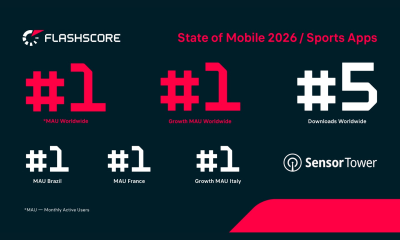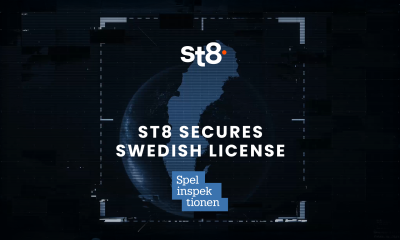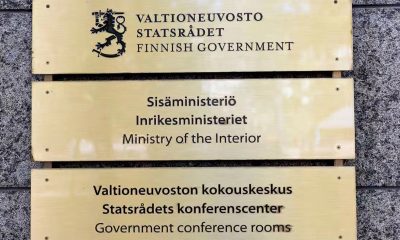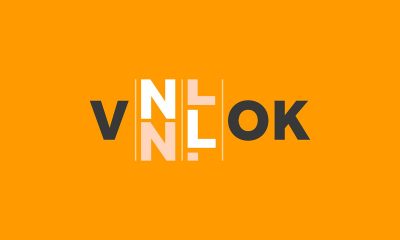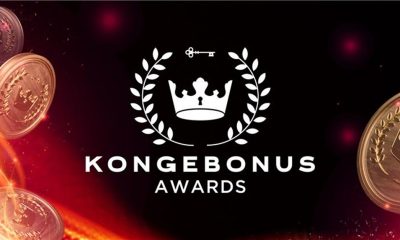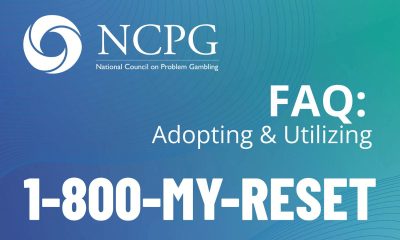Compliance Updates
Our UKGC consultation response: Failing to protect the vulnerable should not be the White Paper’s legacy
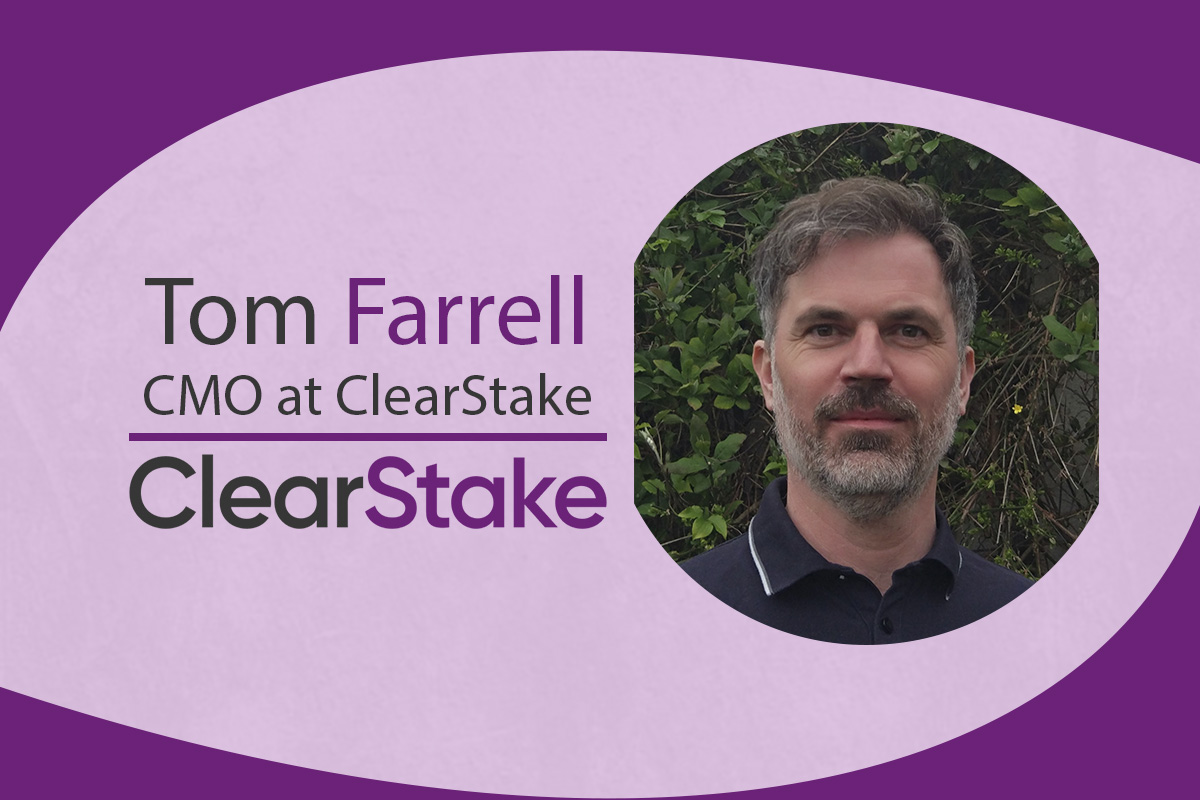
The dust has settled and the process is complete. The consultation on the proposed changes outlined in the UK Gambling White Paper is closed so now we just have to wait and see. Whilst we do so, we thought that in the spirit of transparency, we would share our own thoughts, more or less as they were communicated in our consultation response to the UK Gambling Commision.
Offering a real-time customer risk profiling tool, ClearStake’s focus was obviously on affordability checks. But then, much of the industry’s attention has been on this topic over the last few months. This is, to our mind, the single most important challenge facing the sector. Addressing it in the right way, a way that protects both punters and operators, will be the key to a sustainable, profitable future.
And with that goal uppermost in our mind, here is what we said:
1. Affordability checks must use real financial data
Certainly at the levels of spend proposed as meriting more thorough checks (£1,000 in a day or £2,000 over the space of three months), we don’t believe there is any real substitute for real financial data, by which we mean bank data. There is simply no other way of establishing whether a player can afford to lose this amount of money or not. Everything else – including data from credit reference agencies – is guesswork. We believe that the single greatest mistake that could be made during this process is not solving the problem of financial harm caused by gambling. That won’t be an issue if the government requires decisions to be made by operators in possession of a proper financial picture of their customers.
2. We can solve two problems at once
The consultation focused on affordability checks, but it would be almost perverse to ignore the wider reality at play here. Operators also have to perform anti money-laundering and source-of-funds (SOF) checks on their customers, and they do so by looking at bank statements. Given this is the case, it makes a lot of sense to us to effectively combine both these requirements within a single check.
3. At higher spend levels, it makes sense to keep customers connected
There has been a lot of talk about how frequently checks should take place, or to put that another way, whether it should be necessary to go back to a customer within six months or a year if they have already passed a check. To us, this rather misses the opportunity presented by Open Banking in particular. After the first check, assuming the player allows it, any checks in future can be entirely frictionless. The connection can remain in place and used when necessary (and only when necessary!) in order to make the ongoing compliance relationship as smooth as possible. We don’t expect ongoing connection to be mandated, but it should certainly be held up as best practice for all concerned.
4. Some of the proposed data points make little sense
When a solution that takes guesswork out of the equation is available, does it really make sense to suggest that postcodes and job titles are meaningful ways to determine an individual’s financial situation? We don’t think so. We believe that continuing to ‘lean in’ to data like this gives a misleading impression that it is good enough. It isn’t. Even as part of a broader decision-making process, it is very difficult to see where some of these data points fit in. You could say the same, of course, about missed loan repayments from three years ago.
5. The solution exists – why cobble together a new one?
Hovering behind the entire consultation process appears to be a not-quite-defined ‘solution’ to the affordability challenge. This is apparent in the various hints towards the use of CATO data (let’s just say it, even if the Commission aren’t willing to) and a hodge-podge of random data points in order to make affordability decisions, as part of a system that would have to be piloted in order to ensure a) it works and b) it doesn’t create data security issues.
Leaving aside the absurdity of asking us to judge the merits of an approach that hasn’t actually been defined, we would simply point out that in Open Banking, a solution to this challenge already exists. One that is already used by over 7 million people in the UK, by most UK operators to handle payments, and already used to handle affordability and SOF checks by forward-thinking operators. Why on earth are we re-inventing the wheel?
So there you have it. That’s what we told the consultation, albeit in language a little less colourful. I hope they listen.
Central Europe
Poland to Classify Gambling Streaming as Serious Crime

The Polish Parliament is considering a landmark draft law to curb harmful digital content, specifically targeting the phenomenon known as “patostreaming.”
Patostreaming is recognised as a new term to categorise criminal offences related to the broadcasting of online violence, abuse and sexually degrading content.
The proposed legislation would criminalize the broadcasting of violence, abuse, and sexually degrading material. Additionally, the bill seeks to outlaw the promotion of online gambling by social media influencers. By amending the Penal Code, supporters aim to bridge the legal gap between digital behaviour and offline criminal acts, ensuring online offenders face the same accountability as those in the physical world.
The bill carries the backing of ministers of Poland’s new Civic Coalition (KO) government, formed in late 2025 by the union of the Citizens Platform (PO), Modern (Nowoczesna) and the Polish Initiative (iPL).
Supporters call for clearer enforcement powers to treat the online broadcasting of serious criminal acts as a punishable offence, aligning digital conduct with crimes already sanctioned offline.
If adopted, the legislation would introduce prison sentences ranging from three months to five years for individuals who publicly share real or staged content depicting serious criminal acts via online platforms.
The same penalty range would also apply to influencers found to be illegally promoting online gambling activity that remains heavily restricted under Poland’s state-controlled gambling regime.
KO ministers have framed the initiative as part of a broader effort to strengthen online protections for Polish youth, citing rising exposure to violent digital content and illegal gambling promotions across social media platforms.
The post Poland to Classify Gambling Streaming as Serious Crime appeared first on Eastern European Gaming | Global iGaming & Tech Intelligence Hub.
Compliance Updates
St8 Secures Sweden B2B Licence, Adding Another Regulated Market
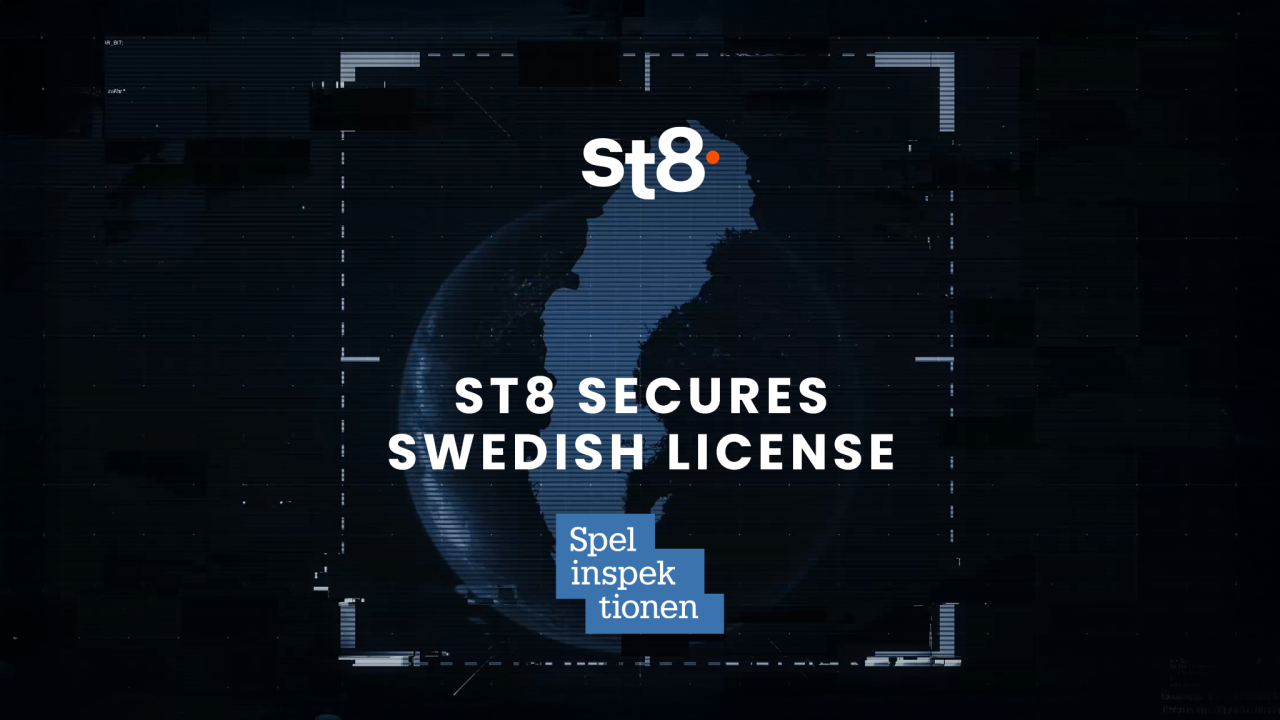
Casino games aggregator St8 is poised to expand into another significant regulated market following the receipt of a B2B supplier license from Sweden’s Gambling Authority, Spelinspektionen.
This indicates that St8 can now offer its aggregator technology to operators licensed in Sweden for the first time.
These operators obtain access to an advanced platform renowned for achieving seamless integrations within days through a single API.
Vladimir Negine, founder and CEO at St8, said: “Being awarded a B2B licence by Spelinspektionen underlines the strength of St8’s technology and compliance-first approach. Sweden is one of Europe’s most respected regulated iGaming markets, and we are excited to now be able to support licensed operators there with our next-generation aggregation platform.
“Our focus remains firmly on expanding in regulated jurisdictions, and adding Sweden further strengthens St8’s position as a trusted supplier to operators in leading global markets.”
Spelinspektionen is recognized for upholding some of the strictest player protection standards in iGaming,
St8 has quickly grown into several prominent regulated markets in recent months. In October, it received a supplier license in Ontario, and in July it obtained a B2B license in the United Kingdom.
The post St8 Secures Sweden B2B Licence, Adding Another Regulated Market appeared first on Eastern European Gaming | Global iGaming & Tech Intelligence Hub.
ACMA
ACMA: Six Wagering Providers Breach Gambling Self-Exclusion Rules
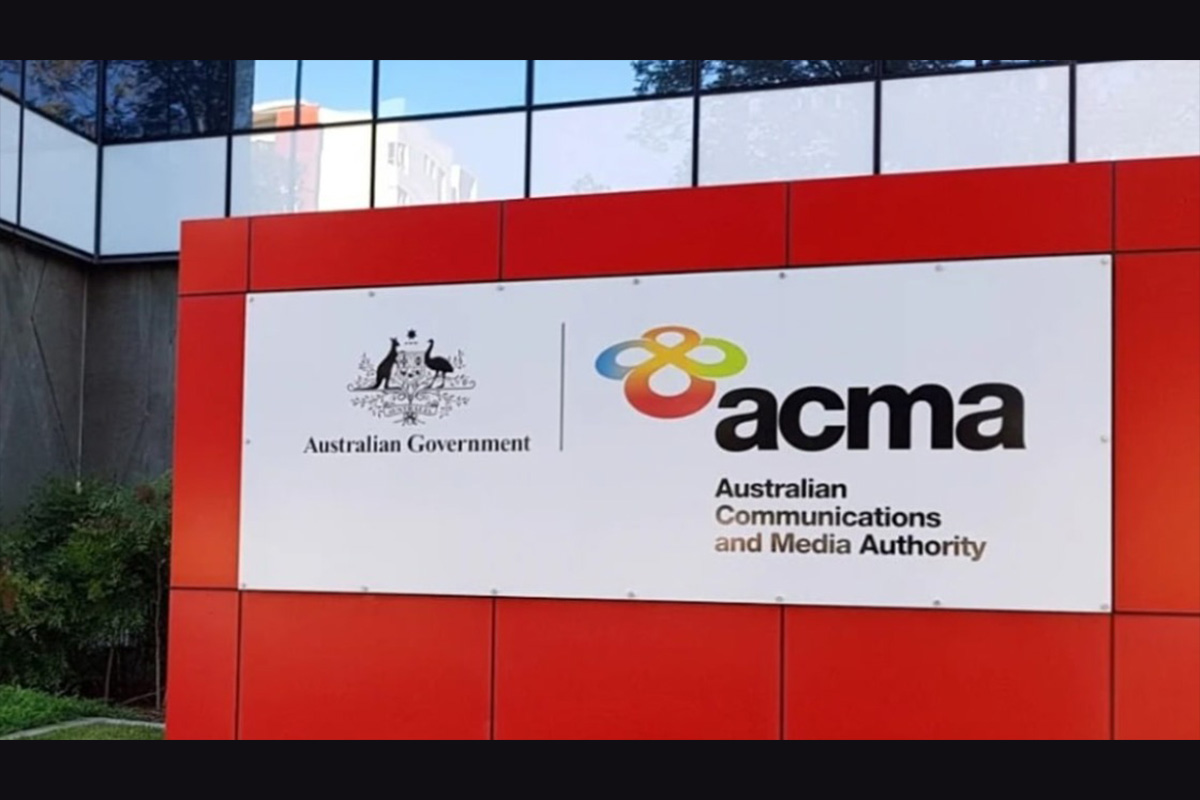
The Australian Communications and Media Authority (ACMA) has concluded six more investigations into licensed wagering providers for breaches of self-exclusion rules.
The ACMA investigations found Tabcorp, LightningBet, Betfocus, TempleBet, Picklebet and BetChamps all failed to comply with rules that protect people who registered with BetStop – the National Self-Exclusion Register.
The facts of each investigation are different but the breaches across the investigations included allowing registered individuals to open wagering accounts and to access wagering services, or marketing to registered individuals.
ACMA member Carolyn Lidgerwood said these breaches undermine the protections from gambling harm that self-exclusion offers.
“The national self-exclusion register is designed to help people who are trying to avoid gambling services and stop gambling, but self-exclusion only works if wagering providers follow the rules,” Ms Lidgerwood said.
“These rules have been in place for more than two years and wagering providers should be taking their responsibilities seriously.
“When people decide to self-exclude from online and telephone gambling, they trust the system to protect them from gambling harm. These investigations have found that these companies broke that trust and let people down.
“All licensed wagering providers need to be aware that the ACMA is investigating compliance and enforcing the rules. Gambling companies must have effective systems in place to ensure self-excluded people cannot gamble with them.”
The investigations identified that the providers did not ensure that their underlying systems and processes were operating as intended and failed to adequately identify and protect people who had self-excluded.
In response to these findings, the ACMA has used a range of different enforcement tools available under the Interactive Gambling Act 2001, having regard to the different facts arising under each investigation.
The ACMA has issued remedial directions to each of Betfocus, LightningBet and TempleBet. Under these remedial directions each of the providers will be required by law to commission an independent audit of their systems and implement any resulting recommendations.
This type of enforcement action is corrective and directed at future compliance with the rules. Failure to comply with a remedial direction is an offence and can result in civil penalties.
Tabcorp Holdings paid a penalty of $112,680 and agreed to enter into a court-enforceable undertaking requiring the company to commission a third-party review of its customer verification processes and train staff on their obligations around the Register. If not complied with, such an undertaking can be enforced in the Federal Court, with the Court being able to make such orders as it considers appropriate.
BetChamps was given a formal warning and the ACMA is currently finalising enforcement action for Picklebet.
All contraventions were found to have occurred in 2024. If these companies fail to comply with self-exclusion rules in the future, the ACMA may take stronger enforcement action, potentially including commencement of Federal Court proceedings to seek civil penalties.
The post ACMA: Six Wagering Providers Breach Gambling Self-Exclusion Rules appeared first on Eastern European Gaming | Global iGaming & Tech Intelligence Hub.
-

 Compliance Updates7 days ago
Compliance Updates7 days agoFinland Govt Looks at Whether Scratchcards can be Gifted Again
-

 Claire Osborne Managing Director of Interactive at Inspired Entertainment6 days ago
Claire Osborne Managing Director of Interactive at Inspired Entertainment6 days agoTwo new slots from Inspired — Coin Inferno Step ‘N’ Stack™ and Mummy It Up™
-

 Latest News5 days ago
Latest News5 days agoACR POKER GIVES PLAYERS A SHOT TO QUALIFY ONLINE FOR $700,000 GTD ENJOY POKER SERIES MAIN EVENT THIS FEBRUARY IN URUGUAY
-

 Canada6 days ago
Canada6 days agoHigh Roller Technologies Signs Letter of Intent with Kindbridge Behavioral Health to Support Responsible Gambling in Ontario
-

 Amusnet5 days ago
Amusnet5 days agoWeek 5/2026 slot games releases
-

 Compliance Updates7 days ago
Compliance Updates7 days agoVNLOK Report: Over 95% of Gambling Ads on Meta Platforms are from Illegal Providers
-

 David Nilsen Editor-in-Chief at Kongebonus7 days ago
David Nilsen Editor-in-Chief at Kongebonus7 days agoKongebonus Awards 2025 Winners Announced
-

 Compliance Updates5 days ago
Compliance Updates5 days agoNational Council on Problem Gambling Adopts 1-800-MY-RESET as New National Problem Gambling Helpline Number







